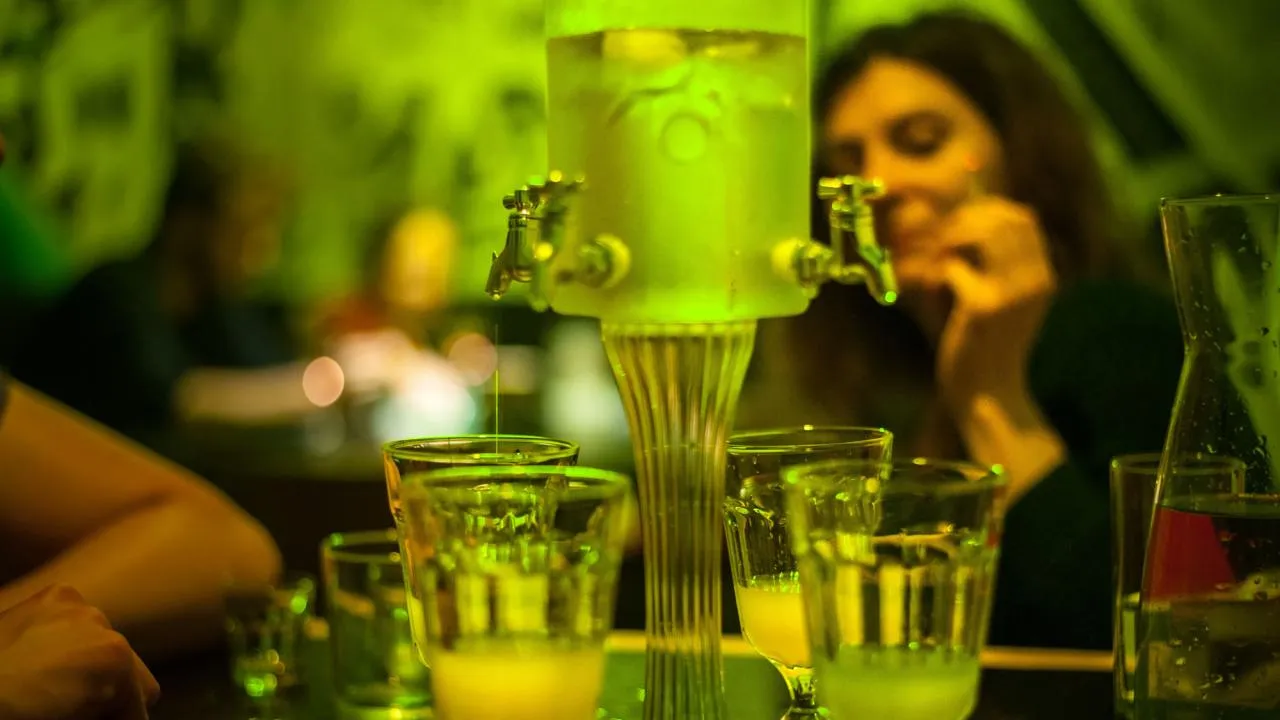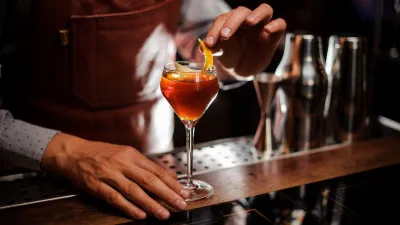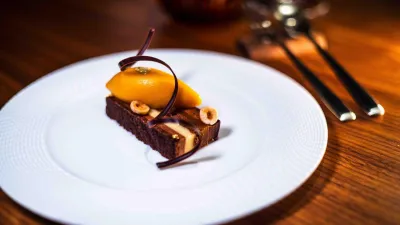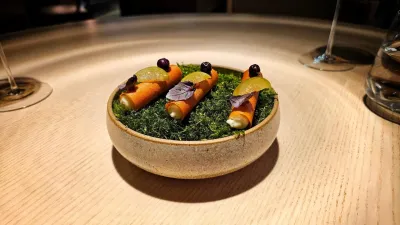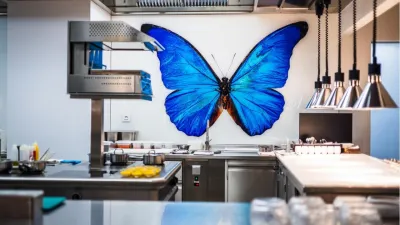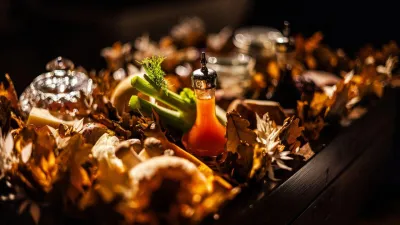Martin Žufánek, a well-known Moravian distiller, finally explains why gin should be consumed as soon as possible and why it is beneficial to allow absinthe to mature into its full beauty.
"Today, I consider the Czech Republic to be the world's epicenter of absinthe," Martin Žufánek recently told VisitChef magazine in an interview. When this interview with the legend of Czech distilling was published, it not only sparked a wave of interest but also stirred the professional community, prompting the question: Why does absinthe mature to beauty while gin should be drunk immediately, given that both are crafted as distilled spirits?
"It's actually very logical, just think about it," smiles Martin.
"It all comes down to the amount of herbs used and their aromatic oils. Not many herbs are used in gin, simply due to the style of the spirit," continues the Moravian distiller. "In 100 liters of alcohol, there may be, for example, 6 kilos of herbs, most of which are juniper. And juniper oil does not age very well... Plus, we all love gin for its freshness and citrus notes, and these, as we know, dissipate quite quickly. It's more the roots and earthiness that remain in the gin; all the freshness fades over time. That is why gin is not archived. I mean, it is archived, but only for collecting purposes, not for you to drink at your son's wedding 20 years later," continues Martin Žufánek. "I recently drank my own OMFG 2014, a 10-year-old gin. It's still highly drinkable, but it doesn't taste the way it was intended. The gin is dominated by heavier spicy notes, and the citrus is barely noticeable."
"We recently opened a 10-year-old St. Antoine absinthe at the Absinthe Festival in Prague. And it tasted divine. Ten years ago, it was a classic, traditional absinthe, but after ten years, it knocks your socks off," the distiller recalls from a recent gathering of absinthe lovers in Prague. But back to Žufánek's explanation of why to drink gin promptly and wait for absinthe.
"Think of gin as young wine. The magic is in the youth and freshness. Absinthe is something else. There are 30 kilos of herbs in 100 liters. Aniseed and fennel are dominant, and their aromatic oils mature to incredible beauty. Thanks to the abundance of oils in the alcohol, absinthe also matures in density and creaminess. If gin is a fresh young Riesling, absinthe is an archival Pinot Noir from Burgundy.
Even though they are both distilled spirits, they are still two different types of alcohol. One is best consumed immediately, while the other is ideally savored years later," Martin Žufánek concludes his explanation.


